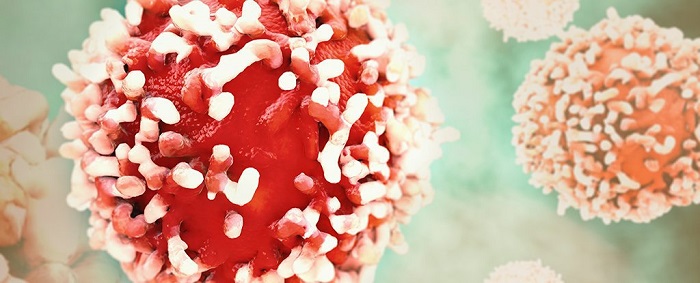Deep within, on a cellular scale, your body is in a constant state of activity to keep you alive. Among those processes is the turnover of cells, replacing the cells that die with fresh new ones so that you don't crumble to bits like a zombie.
A new calculation reveals just how intensive that process is. According to biologists Ron Sender and Ron Milo of the Weizmann Institute of Science in Israel, your body replaces around 330 billion cells per day. At that rate, your body is making over 3.8 million new cells every second.
Most of those are blood cells, followed by cells in your gut. Less than 2 percent of your cell turnover is everything else. Confirming these numbers could help scientists better understand how the human body functions and the role cell turnover plays in both health and disease.
It's a common myth that your body completely regenerates all its cells every seven years. The reality is a lot more complicated. Some cells live just a few days, while others – such as neurons in the cerebellum and lipids in the lenses of your eyes – are limited only by the lifespan of the host (you). So humans are very far from a Ship of Theseus situation.
However, while scientists have previously worked out estimates for how many cells are in the body, what kind they are, and what their lifespans are, very little work has been done to take a census of the cellular turnover rate.
This is what Sender and Milo have now done.
"Here we fill this knowledge gap concerning overall cellular turnover dynamics of the human body by surveying the variation in lifespan exhibited by different cell types and quantifying the cellular turnover rates in terms of both mass and number," they wrote in their paper.
They based their calculations on a standard reference person: a healthy male between the ages of 20 and 30, weighing 70 kilograms (154 pounds) and 170 centimetres (5 feet 7 inches) tall. Then, for their estimation of cell turnover rates, they included every cell type that constitutes over 0.1 percent of the total cell population.
Cell lifespans were collected from a literature survey, using only those works that took direct measurements of the lifespans of human cells. Then they derived the overall cellular mass for each type, based on the average cell mass.
Based on this information, the pair then calculated that their standard reference person would have a cell turnover rate of around 80 grams (2.8 ounces) per day, or 330 billion cells.
Of that turnover by number, 86 percent would be blood cells, mostly erythrocytes (red blood cells, the most abundant cell type in the body) and neutrophils (the most abundant type of white blood cell). Another 12 percent would be gastrointestinal epithelial cells, with small amounts of skin cells (1.1 percent), endothelial cells that line the blood vessels, and lung cells (0.1 percent each).
Although blood cells make up most of cell turnover in terms of individual cell count, by mass it's a different story. Only 48.6 percent of the mass is blood cells, of all types. Gastrointestinal cells make up another 41 percent. Skin cells make up 4 percent, while adipocytes, or fat cells, which barely registered in cell numbers, make up another 4 percent by mass.
(If you're wondering what happens to all the dead cells, they either get sloughed off, in the case of skin and gastrointestinal cells, and sometimes slurped up by parasites, or broken down and partially recycled by the body. Waste not, want not!)
It's important to note that those figures will likely vary from person to person, depending on factors such as age, health, size, and sex. But this work provides a baseline from which we can better understand how cell turnover works in the human body.
"There are many questions surrounding the topic of organism renewal in health and disease that can be informed by our analysis," the researchers wrote in their paper.
"For example, how does the turnover of tumour cells compare to the total cellular turnover of the patient's body? What is the energetic and biosynthetic toll of tumour growth, and does it directly impact resource allocation, perhaps by commandeering resources otherwise dedicated to tissue regeneration?"
Those are important questions. Also, now you know - more or less - how much of your own tissue your body is creating every day, like the marvellous machines we are: 3.8 million cells per second, or a couple of small eggs' worth a day.
Nature Medicine
More about: #body
















































